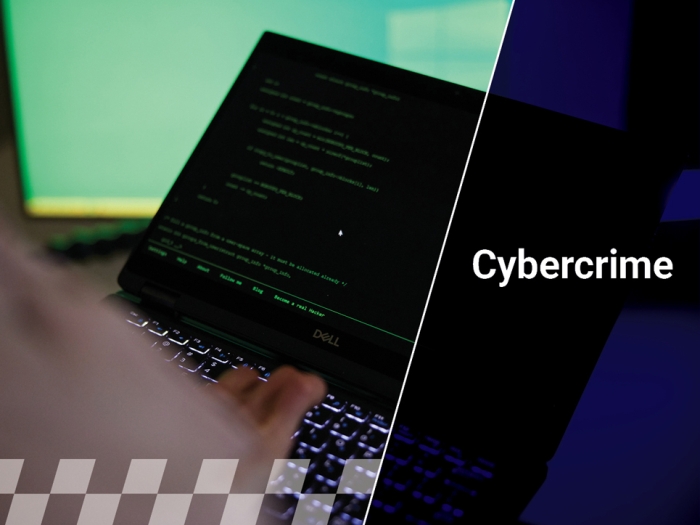Be Alert! Criminals are targeting students to recruit them as money mules
If someone asks you to move money through your bank account in exchange for payment, then they are asking you to be a money mule.
Criminals are targeting students (online and in-person) and offering them payment to receive money into their bank account and transfer it to another account or cryptocurrency exchange. Money mules are recruited, sometimes unknowingly, by criminals to transfer stolen money on behalf of others.
The money being transferred is often used by criminals to fund other serious crimes like cybercrime, terrorism, and human trafficking.
In Australia, participating in money muling is a serious criminal offence. If convicted, you can face anywhere from 12 months to life in prison.
In addition to engaging in criminal activity, you risk breaching the terms of your bank or financial institution and could lose access to your bank accounts.
Criminals can contact you via:
- Social media (e.g. Facebook, Instagram, Snapchat)
- Instant messaging apps (e.g. WhatsApp, Viber, Telegram)
- Fake job offers (e.g. ‘money transfer agents’)
- Online pop-up ads, face-to-face direct contact, or through email.
Stay safe from Money Mule scams
STOP
- Take a moment to reflect on whether the offer is too good to be true, be on guard.
- Be suspicious of job adverts that offer the chance to earn quick and easy money.
CHECK
- Don’t sign up for any opportunity without undertaking proper research into the prospective employer. For example, do they have an online presence? Are the contact details legitimate? Is it based overseas?
REJECT
- Don’t engage with any online posts offering large sums of money.
- Don’t accept message requests from people you don’t know, and if you receive a message with a link to click from a friend, speak to them in person before you respond.
- Don’t share bank and personal details with anyone you don’t know or trust - even among friends or family.
- If someone asks to ‘borrow’ your account, say no.
- If you suspect something is not right, reject the offer.
ACCEPT
- Stick to reputable job sites and registered businesses.
Where to get help
If you believe you have fallen victim to money muling, you should:
- Stop all communication
- Do not make any further transfers
- Call your bank
- Report it to police using the Report button on the Cyber.gov.au website
Other sources of help
- You can contact your local police on 131 444
- In a life-threatening emergency, please call Triple Zero (000)
- If you, or someone you know needs help, we encourage you to contact Lifeline on 13 11 14 or Beyondblue on 1300 224 636, who provide 24/7 support services.
Joint Policing Cybercrime Coordination Centre
The Australian Federal Police-led Joint Policing Cybercrime Coordination Centre (JPC3) brings together Australian law enforcement and key industry and international partners to fight cybercrime and prevent harm and financial loss to the Australian community.
The JPC3:
- Ensures maximum impact on high-harm, high-volume cybercrime affecting the Australian community.
- Enhances intelligence-sharing and target development across police and industry.
- Coordinates joint investigations to counter priority cybercrime threats.
- Coordinates capability improvements through cross-skilling, joint training, and collaborative tool development.
- Strengthens Australia’s digital resilience and security through cybercrime prevention, education, and awareness initiatives.
The JPC3 is committed to equipping all Australians with the knowledge and resources to protect themselves against cybercrime.
Watch the JPC3 cybercrime prevention videos and learn more about how to protect yourself from being a victim of cybercrime.







